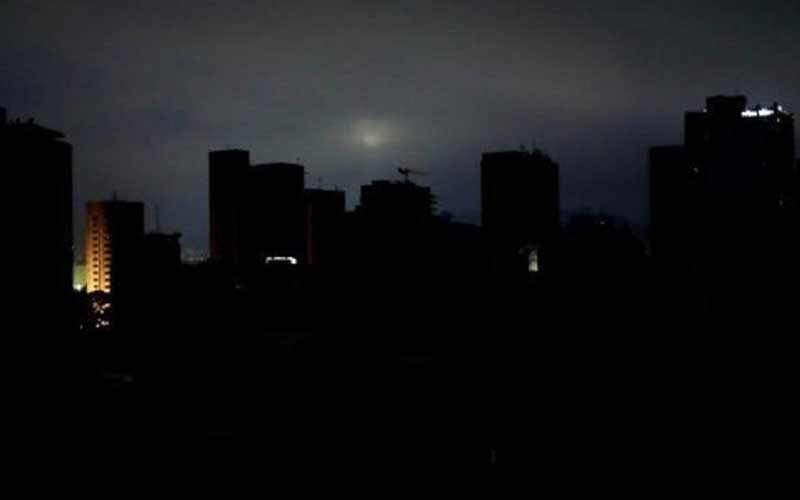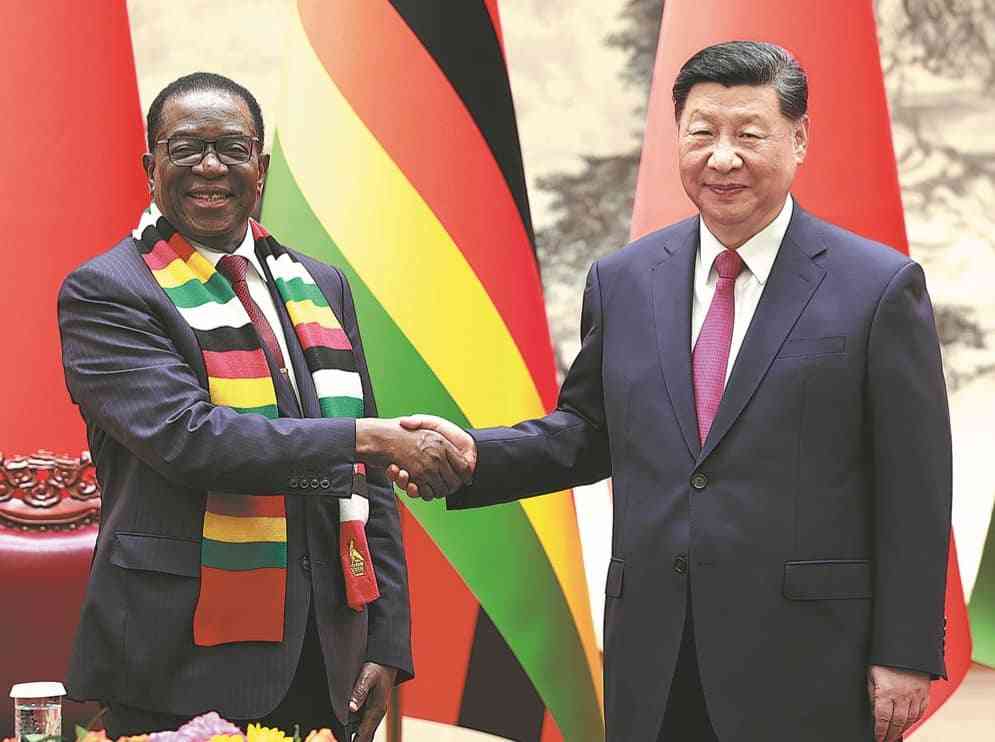
Zimbabwe is under total darkness. Power outages are the order of the day in the country as some communities are going for 18 hours or more with electricity.
The gravity of the power outages should be appreciated by all sober-minded people in the country because without adequate power, there is no sound development in the country. Zimbabwe has an installed capacity of about 2300 MW of electricity, but is currently generating an average of 1100 MW against a peak demand of about 1700MW.
For over a decade, the country’s main local sources of energy which include both hydroelectric and thermal power stations in Kariba, Hwange, Munyati, Harare and Bulawayo have been failing to meet demand. Coal power stations have failed to stand tall due to incessant breakdowns of the obsolete generators. It is a pity that about 42% of those connected to the national electric grid are currently enduring some gruelling power cuts of more than 12 hours on a daily basis.
This is contrary to the country’s vision 2030 development strategy aimed at achieving an empowered and prosperous middle-income society by 2030 through sustainable means. When it comes to attaining Sustainable Development Goals and Africa Agenda 2063 that aims at ensuring access to affordable, reliable, sustainable and modern energy for all, Zimbabwe is lagging behind and ostensibly delaying its own transition scheme.
We have the Energy ministry with numerous directors who are superintending over a collapsing energy system yet they boast of driving the latest vehicles on the market. Hospitals are languishing in darkness yet those responsible for power generation are enjoying their holidays in far-away places like Dubai, Italy, Germany and the United Kingdom, among others.
The health sector is a critical sector that should be given serious priority as far as issues of power are concerned.
One day I met reality when I visited Chiriseri Clinic in Chihota where there is no source of power. The rural health centre used to have solar system, but the system was vandalised some years ago. The local transformer was stolen some years ago, leaving the entire place in total darkness.
What this means is all drugs that should maintain the cold chain are seriously affected. Vaccines cannot be administered at the local clinic thus leaving local residents with no options except to travel to distant hospitals like Mahusekwa District Hospital to receive simple vaccines like BCG for kids, Measles, Polio, Tetanus etcetera.
- Parly caucus on PWDs mooted
- Health Talk: National Health Insurance can foster better solutions
- Health Talk: National Health Insurance can foster better solutions
- Figtree earmarked for smart city status
Keep Reading
Does the minister of Energy appreciate the importance of power energy in healthcare facilities? What is the Provincial Medical Director of Mashonaland East doing about such calamities in his area? Government should work tirelessly to improve on power energy supplies in the country, 43 years after our independence in 1980.
Universal health coverage cannot be talked about without decent power in health institutions. Many activities at healthcare institutions are power dependent. The registration of patients is a critical step towards treating patients and if power is down, and then clinics and hospitals are forced to resort to manual registration which is tedious and slow. That automatically means there will be unnecessary delays at health care facilities.
Hospitals carry out many operations on a daily basis and running without power would mean many surgical operations are suspended hence the waiting lists continuously grow. Some patients can die before they are operated and hospital mortality can suddenly spike in other critical areas like Intensive Care Units if power backups are not reliable.
Patient investigations very depend on electricity and included here are blood tests under haematology, biochemistry, radiological investigations like X-rays, Ultrasound Scans, Computed Tomography, and Magnetic Resonance Imaging.
Drugs can lose their potency especially those that should maintain the cold chain like vaccines. Vaccines include Covid-19 vaccines, Hepatitis, Measles, Polio, and Pneumococcal among others. Without reliable power backups, the potency of such drugs can suddenly evaporate.
How many patients need to be carried on stretchers and put in lifts in multi-storey hospitals? What happens if the available power back-ups cannot support the electric lifts? It will be difficult for relatives to carry their sick relatives up.
What happens with the electricity- powered water systems at clinics and hospitals in the event of power outages without adequate back-ups? What of the hospital lighting system when patients need to receive their medications which include oral drugs, intramuscular, subcutaneous or intravenous system. The health sector is one sector that should be spared from protracted power outages.
In view of the undeniable reality of power outages, it is prudent that healthcare facilities have reliable power back-ups that automatically switch on in times of sudden power loss. It is the duty of the hospital management to have adequate back-ups like solar systems, generators that have enough fuel.
It is prudent for the power supply company, Zesa, to have a reliable load-shedding schedule so that healthcare facilities can plan what can be shelved or what can be done.
Ideally, big healthcare facilities in Harare like Sally Mugabe Hospital, Parirenyatwa Hospital, Avenues Clinic, Westend Hospital, Chitungwiza Hospital and many other hospitals should be spared from load shedding. This would call for the establishment of special power lines to such institutions. The Energy minister should urgently consider that.
Power outages are really a hindrance to sound health service delivery. Patients deserve better care but without adequate power, all things go astray!










